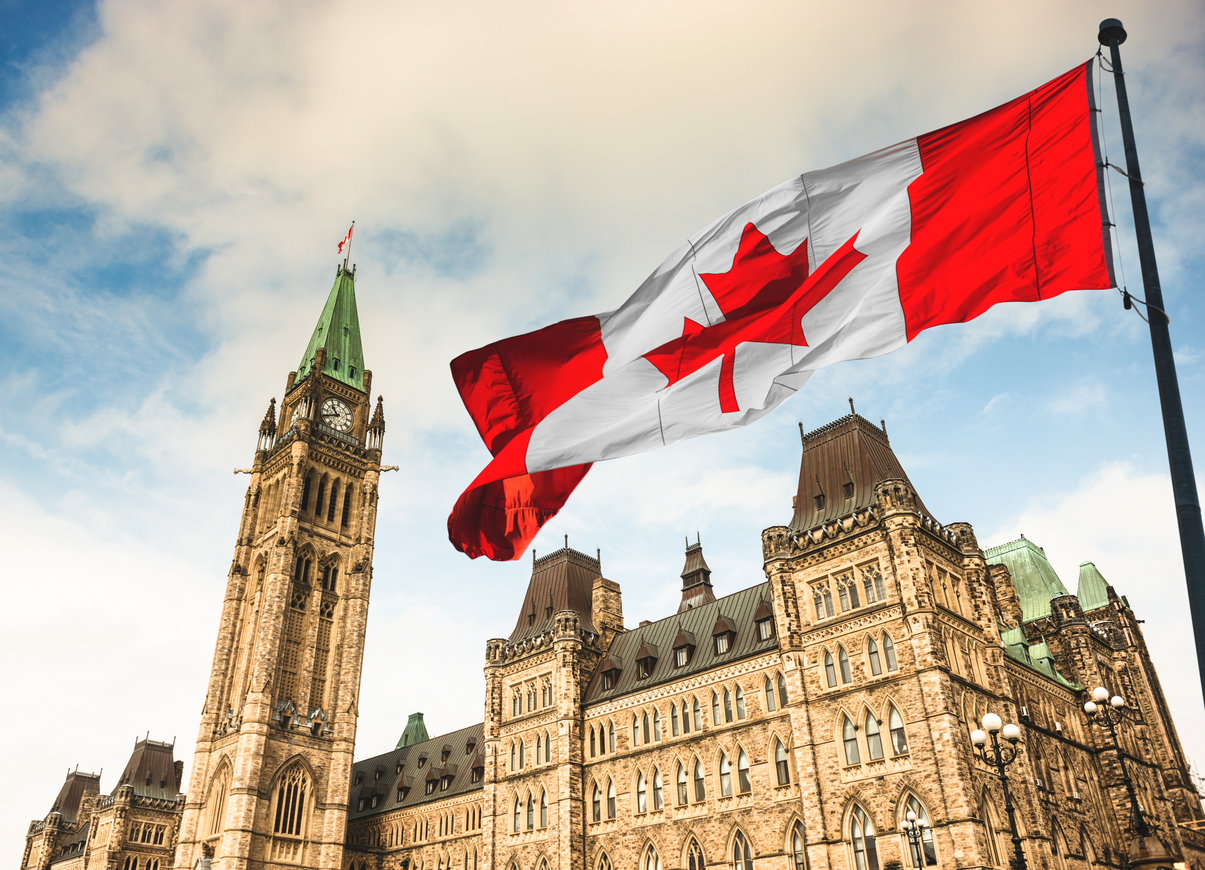Accounting & Assurance Services
2025 Federal Budget Key Notes
November 10, 2025

Minister of Finance and National Revenue François-Philippe Champagne released the federal budget on Nov. 4, 2025 – entitled “Building Canada Strong” – against a backdrop of a moderate economic slowdown, trade tensions and geopolitical uncertainty.
The budget projects the current 2025-2026 deficit at $78.3 billion, decreasing gradually to $56.6 billion in 2029-2030 and sets two fiscal anchors, balancing day-to-day operating spending with revenues by 2028-2029, and maintaining a declining deficit-to-GDP ratio.
The budget lays out many economic and investment incentives and ambitious plans to strengthen the Canadian economy. Even if only half of this materializes, it should still have positive economic benefits for years to come.
In terms of tax changes, there are relatively few, and the more relevant ones are described below.
Personal Tax Measures:
- The budget proposes to introduce a temporary Personal Support Workers Tax Credit, which would provide eligible personal support workers working for eligible health-care establishments with a refundable tax credit of 5% of eligible earnings, up to a maximum credit of $1,100. This measure would be applicable for the 2026 through to the 2030 taxation years.
- For 2025 and subsequent taxation years, the Canada Revenue Agency (CRA) will have discretionary authority to file a tax return for a taxation year on behalf of certain individuals (other than a trust) to ensure they receive income-tested entitlements, such as the GST/HST Credit, the Canada Child Benefit or the Canada Workers Benefit.
- The middle-class tax cut announced in May 2025 (and included in Bill C-4, currently before Parliament) would reduce the first marginal personal income tax rate, and thus the rate applied to most non-refundable tax credits, from 15 percent to 14.5 percent for the 2025 taxation year, and to 14 percent for the 2026 and subsequent taxation years. To help Canadians transition to the lower credit rate, the budget proposes to introduce a new non-refundable Top-Up Tax Credit. This credit would effectively maintain the current 15 percent rate for non-refundable tax credits claimed on amounts in excess of the first income tax bracket threshold, applicable for the 2025 through 2030 taxation years.
- To help offset the costs of applying for the Disability Tax Credit (DTC) for Canada Disability Benefit recipients, the budget proposes a one-time supplemental Canada Disability Benefit payment of $150 in respect of each DTC certification, or recertification, giving rise to a Canada Disability Benefit entitlement. This one-time payment would be retroactive to the launch of the Canada Disability Benefit. The budget also confirms the government’s intention to bring forward legislation to exempt the Canada Disability Benefit from being treated as income under the ITA.
- The federal fuel charge was removed as of April 1, 2025, and as a result, no Canadian Carbon Rebate payments will be made in respect of tax returns (or adjustment requests) filed after Oct. 30, 2026.
Business Tax Measures:
Scientific Research and Experimental Development (SR&ED)
The budget confirmed that it’s proceeding with the following previously proposed enhancements to the SR&ED program, originally announced in the 2024 Fall Economic Statement, including:
- Increasing the prior-year taxable capital phase-out thresholds for the SR&ED program’s enhanced 35-percent tax credit.
- Increasing the annual expenditure limit on which the enhanced credit can be earned, from $3 million to $6 million (instead of the $4.5 million previously announced), effective for taxation years that begin on or after Dec. 16, 2024.
- Extending the enhanced credit to eligible Canadian public corporations.
- Restoring the eligibility of SR&ED capital expenditures.
Additionally, the CRA intends to engage in targeted consultations to further improve the administration of the SR&ED program, including reviewing the SR&ED claim form (Form T661).
Immediate expensing for manufacturing and processing buildings
The budget proposes to provide temporary immediate expensing for the cost of eligible manufacturing or processing buildings, including the cost of eligible additions or alterations made to such buildings. The enhanced allowance would provide a 100-percent deduction in the first taxation year that eligible property is used for manufacturing or processing, provided certain requirements are met.
Other Measures:
Underused housing tax (UHT)
The UHT took effect on Jan. 1, 2022, and applies to certain owners of residential property in Canada (generally non-resident, non-Canadians).
The budget proposes to eliminate the UHT as of the 2025 calendar year, as the program “has proven to be inefficient, costly to administer and challenging for Canadian industries at a time of ongoing economic uncertainty”.
Important to note however, is that all UHT filing/tax requirements continue to apply in respect of the 2022 through 2024 calendar years.
Eliminating the Goods and Services Tax (GST) for first-time home buyers
The budget confirms the previously announced proposal to eliminate the Goods and Services Tax (GST) for first-time home buyers on new homes up to $1 million and reduce the GST for first-time home buyers on new homes between $1 million and $1.5 million.
Luxury tax on aircraft and vessels
The federal government imposes a tax on subject vehicles and subject aircraft with a value above $100,000 and subject vessels (e.g. boats) with a value above $250,000.
The budget proposes to amend the Select Luxury Items Tax Act to end the luxury tax on subject aircraft and subject vessels. All instances of the tax would cease to be payable after Nov. 4, 2025, including the tax on sales, the tax on importations and the tax on improvements.
A final note:
Important to keep in mind is that at present, all of the above changes are only proposals. Nothing is guaranteed until the Budget is passed in parliament. More certainty on that should be coming within the next few days or weeks, but until then, nothing is set in stone.
It is recommended that you consult a professional tax advisor to assist you in assessing the costs and benefits of proceeding with specific budget proposals as they relate to you.



